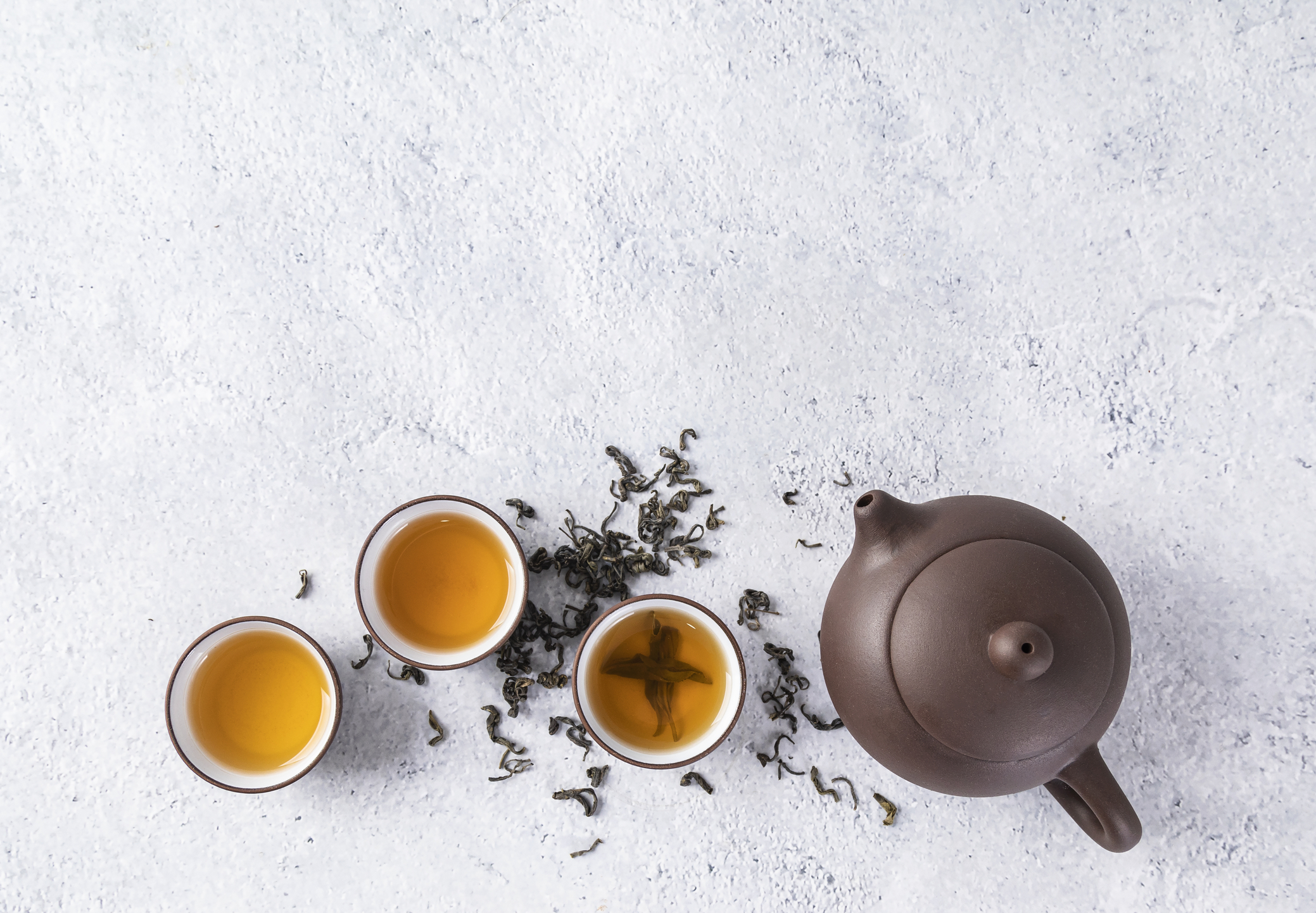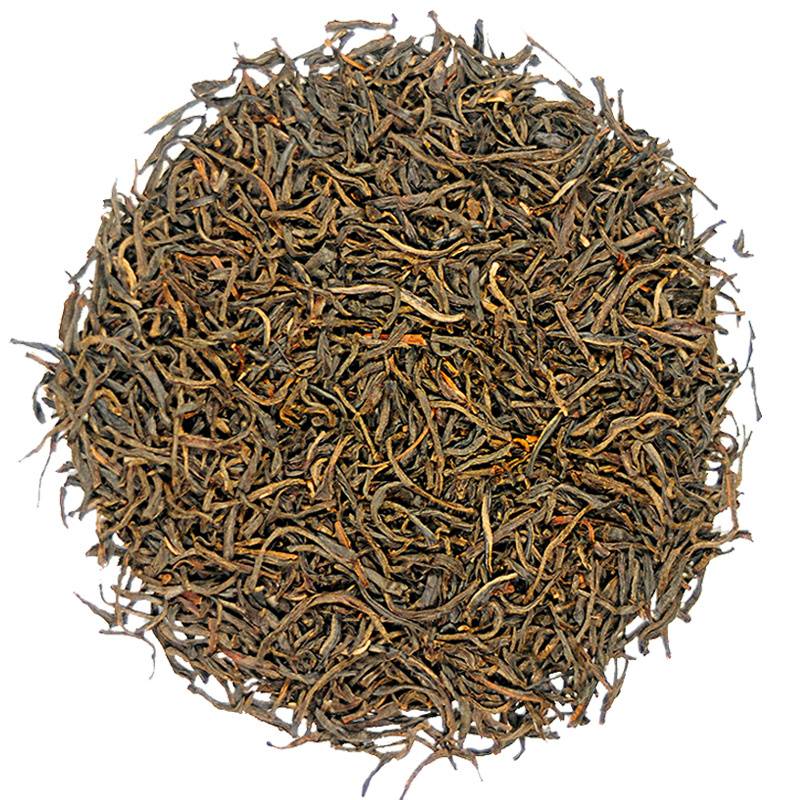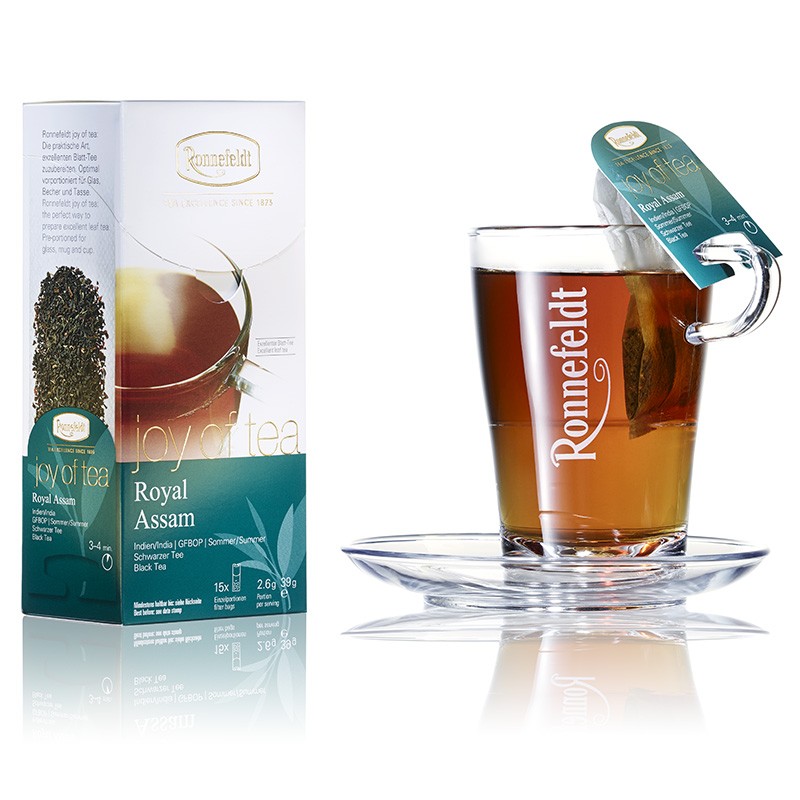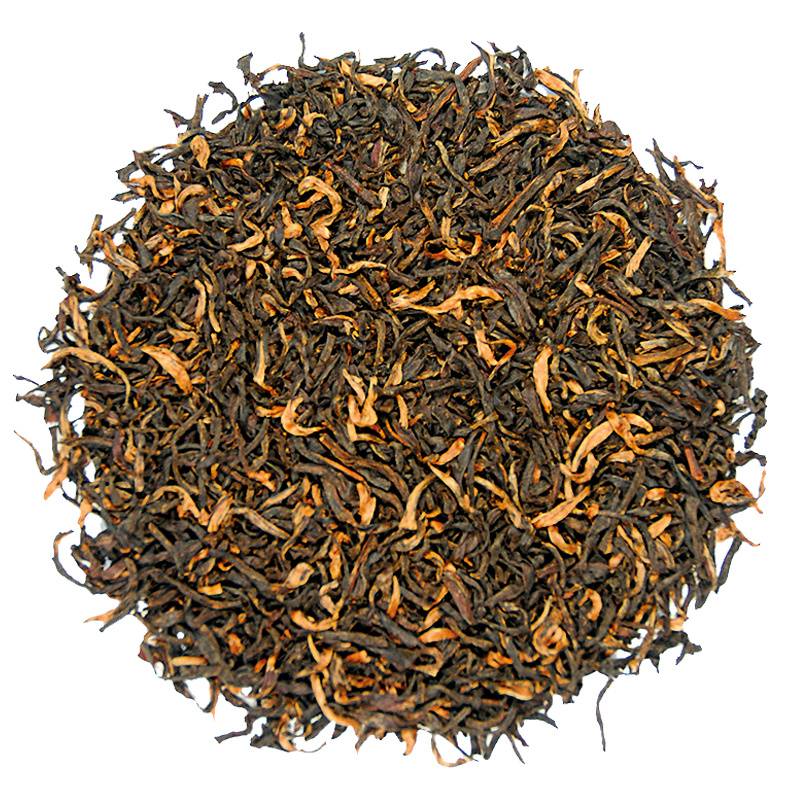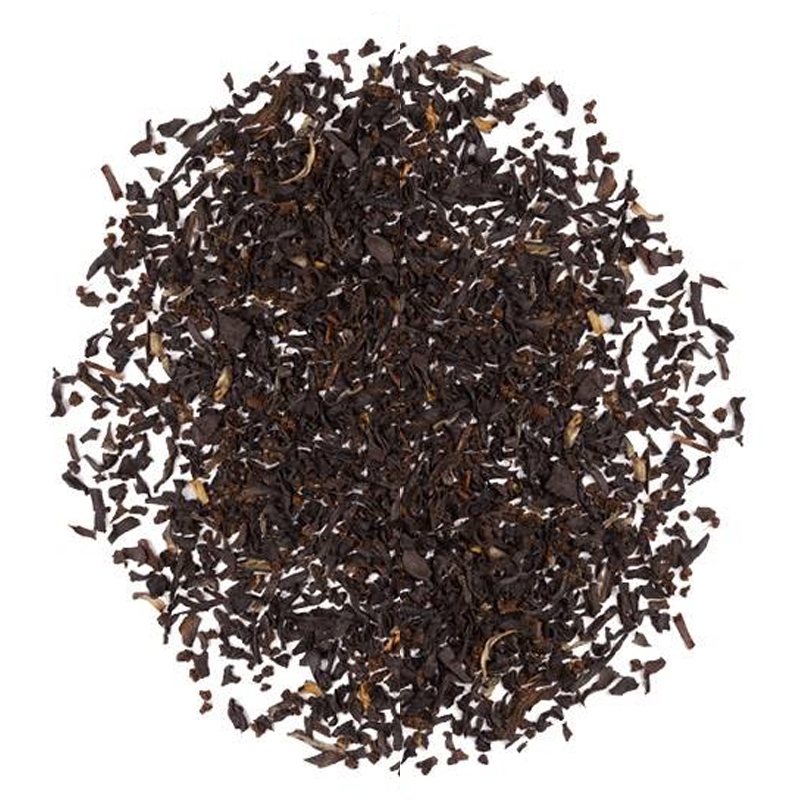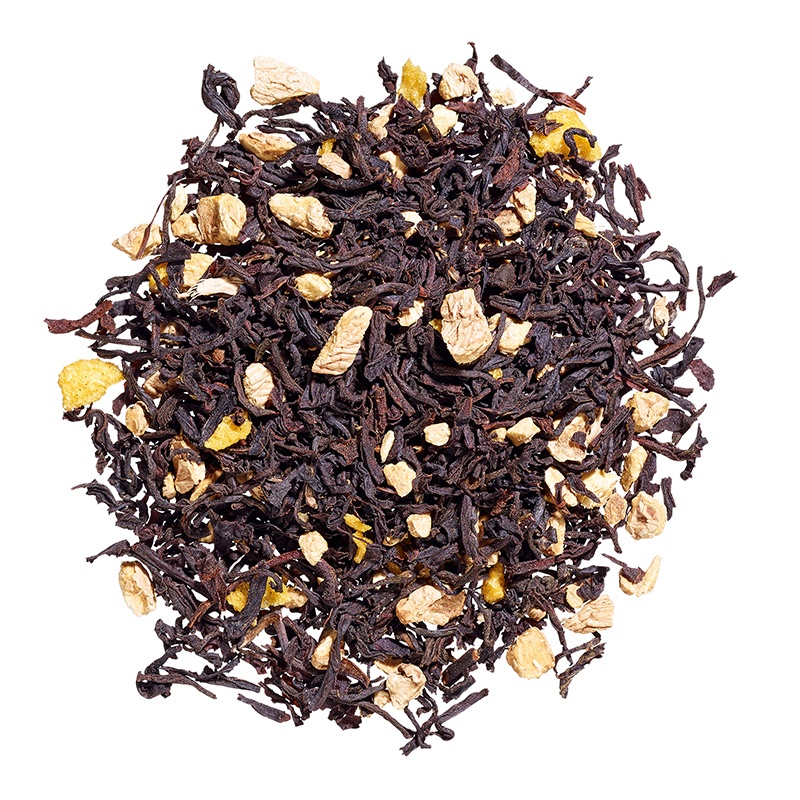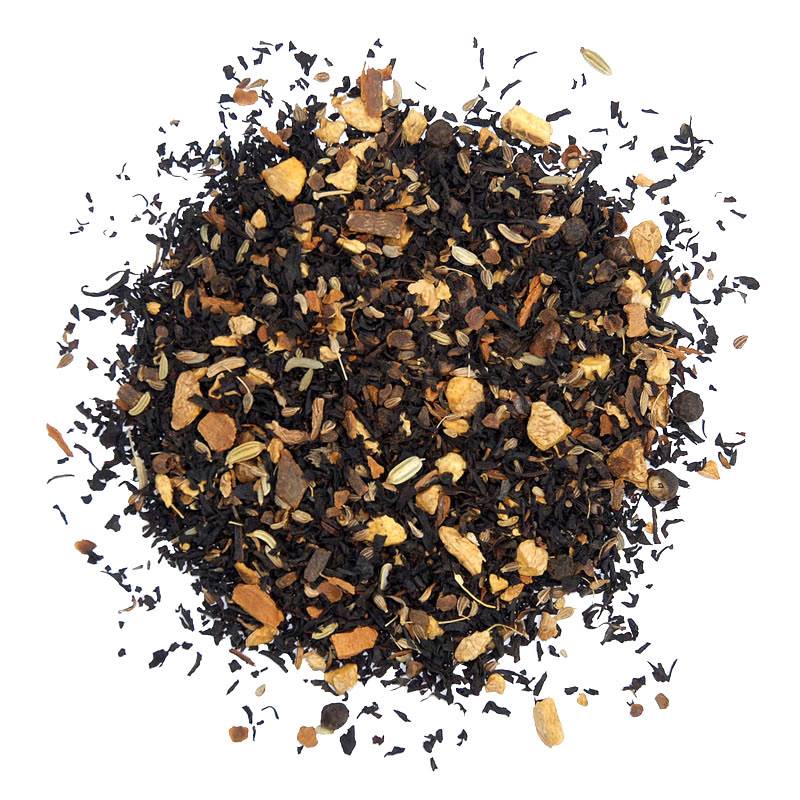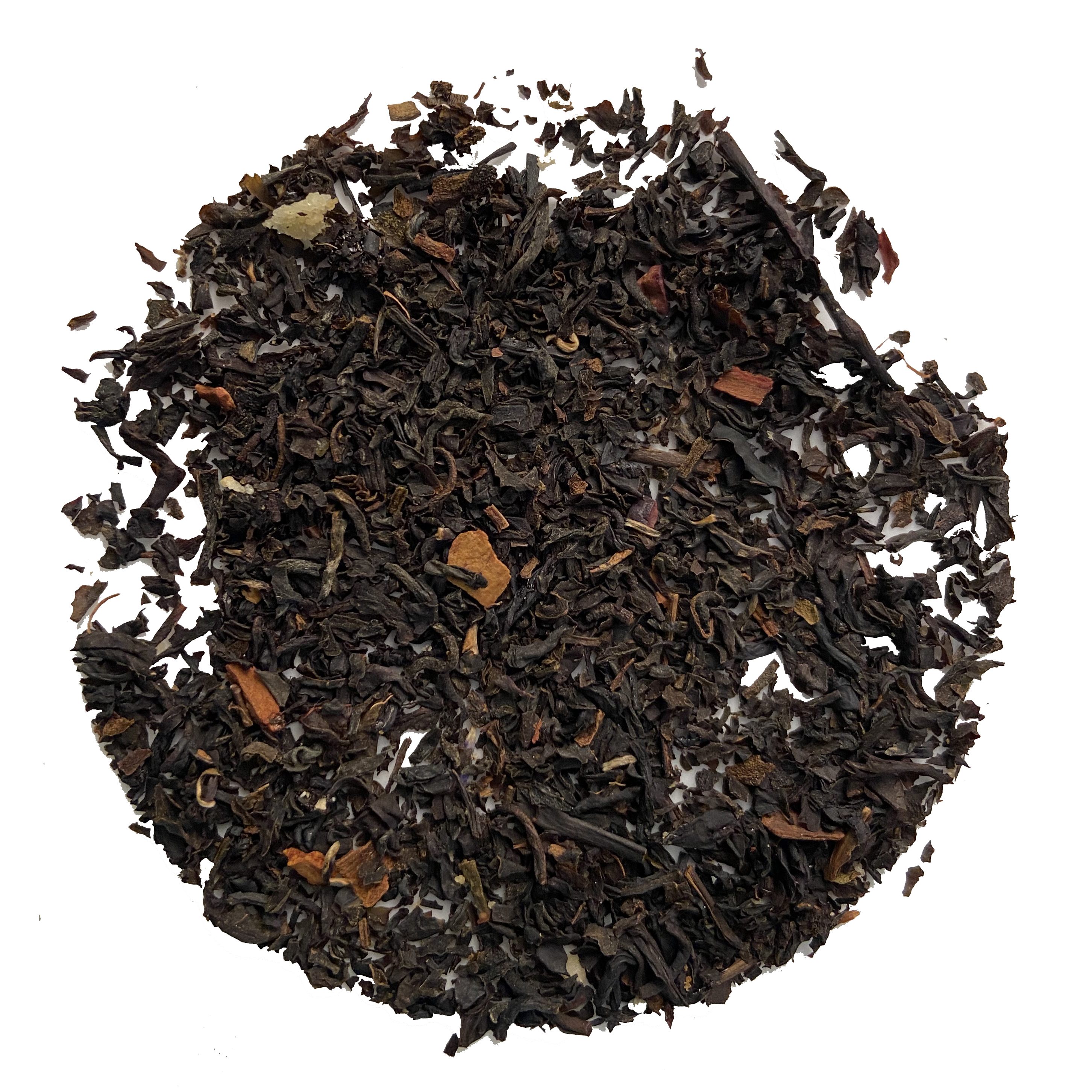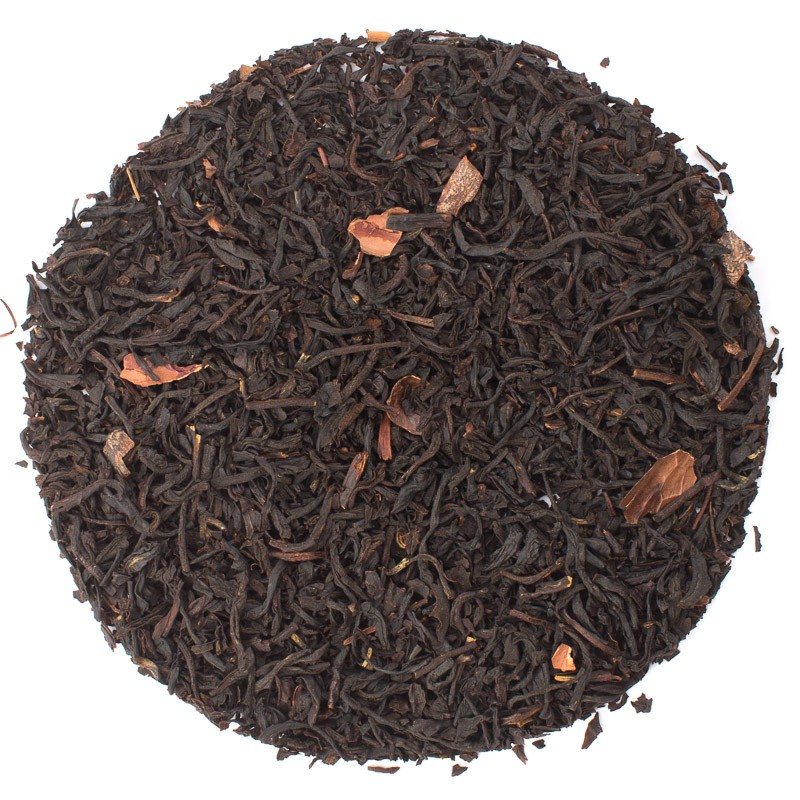Why we Love Assam Tea
Assam teas are perfect any time of the day. They are typically full of flavour and, in contrast, contain fewer tannins. Assam teas are also considered silky and smooth with distinctive malty undertones. At Cup of Tea, we love Assam teas served black, but for those partial to a dash of milk or sugar, Assam is the ideal choice. Teas from the Assam region of India are also suitable for tea blends with added flavours from fruit and spices such as cinnamon and orange and are the perfect choice for flavour-bursting Chai teas.
What is Assam Tea?
With around 660 tea gardens in Assam, it is the largest tea-growing area in India. About half of the tea produced in India is grown in the Assam region. It's probably the world's largest tea-growing area. It's where the classic 'breakfast' teas are usually harvested between June and August, giving them a dynamic, spicy and malty character, we know and love.
Assam is the birthplace of India's indigenous tea bush: Camellia Sinensis, var. assamica. This tea plant variety produces larger leaves than Camellia sinensis, var. sinensis (China bush) and thrives in this lush tropical region. During the harvest season, Assam's tropical weather brings seasonal rains and sweltering heat and high humidity, or periods of intense sunshine and high temperature of up to 35C, creating greenhouse-like conditions. Fertile, low-lying land and the hot, wet climate combine to produce teas that are dark in colour, with a strong and distinctively malty flavour.
Harvesting and Production
The production of Assam tea is much the same as other black teas and follows a 5-step process:
Withering - The green tea leaves arrive at the factory up to 3 times a day. They will be placed and thinly spread on racks until the leaves lose their moisture and become limp.
Rolling - Once withered, the leaves will be moved onto the rolling machine that breaks the leaf cells to prepare them for oxidation.
Fermenting - Once the tea leaves have been rolled, they are left to ferment on trays. This is a vital step in the process and needs to be closely monitored as one wrong move can affect the quality and taste of the finished tea.
Drying - Once the leaves have oxidized, they are spread thinly across trays, and hot hair is blown over them with a machine, ensuring all moisture has been removed.
Sorting - This is the last step in the production of Assam tea. The tea is fed through a machine on conveyor belts and over vibrating wire mesh trays. The tea is then packed carefully to preserve the flavour.
Our Favourite Assam Teas
Assam Boisahabi Loose-Leaf Tea
Assam Boisahabi is a first flush loose-leaf tea from the Assam region in India. It is rather remarkable, with deep brown generously sized tea leaves with distinctive golden tips. The tea is smooth and refreshing with bold aromatics and a naturally occurring delicate, malty sweetness. Assam Boisahabi is a delight for Assam tea lovers or newcomers to this variety of tea.
Joy of Tea Royal Assam Tea Bags
A classic among broken teas, this Assam tea is distinguished by many golden tips and a malty, spicy and lively aroma. It's perfect with milk any time of the day.
A rare loose-leaf tea, Assam Nahorhabi is from one of the oldest tea gardens of India in the Sivasagar district. The name Nahorhabi comes from the Nahors trees, also known as Mesua ferrea, which used to be common in this area. The region's climate is very humid with a lot of rain, but also with a lot of sunshine.
The fine dark leaves with golden tips provide a soft yet highly aromatic Assam with hints of malt and caramel flavours. This tea brews a bright gold-brown cup colour.
Organic Assam Garden Loose-Leaf Tea
Our Assam Garden Tea is a characterful, robust and malty Assam from northeast India. Produced by experts, this tea comes from a tea garden that originally pioneered organic tea growing. Delicious for breakfast or all-day refreshment, we love it with a splash of milk and a slice of cake in the afternoons.
Assam Tea Blends
Assam tea is ideal for blending with bold flavours and spices such as ginger, cinnamon and orange because its robust nature isn't compromised with aromatic additions.
Assam Ginger & Orange Loose-Leaf Tea
Our Assam Ginger & Orange is a flavoured infusion of black Assam tea with ginger and blood orange. Bold and revitalizing, this expertly blended tea contains actual pieces of spicy ginger and orange.
Masala Chai – Loose-Leaf Black Tea
Assam teas a considered bold and flavoursome, which is why they are excellent for blending, and our Masala Chai is bursting with taste. The black loose-leaf Assam tea is combined with Chai spices, including ginger, anise, black peppercorns, clove, cinnamon and fennel. This exotic, spicy tea from India is delicious and can be enjoyed on its own or with milk and sugar.
Cinnamon Cocoa – Loose-Leaf Black Tea
Our organic Cinnamon Cocoa tea is a comforting and indulgent flavoured black tea. The expertly blended loose-leaf Assam tea is paired with cinnamon, ginger and cocoa nibs. The brewed tea tastes luxurious with velvety chocolatey cocoa and gently spiced nuances.
Irish Malt – Loose-Leaf Black Tea
One of our all-time favourite teas, this delicious loose-leaf tea has been specially selected for its robust, spicy Assam flavours. Irish Malt tea is accented with hints of Irish whisky flavour and authentic cocoa pieces. The extravagant taste makes this a delightful tea, malty and utterly tea-licious!
Discover our entire Assam tea range HERE
How to Brew Assam Teas
For those in favour of a dash of milk or sugar, Assam tea is an ideal choice. Following a standard brewing process, you can also give this well-loved breakfast tea a try on its own!
Method:
- Boil some fresh cold water
- Place the tea leaves in a tea strainer or filter basket
- Pour the hot water
- Steep the tea for the appropriate amount of time
- Strain the tea
- Sweeten the tea to taste, and/or add a dash of milk
NOTE: Please make sure to read the individual brewing instructions on each package of tea.
-
Posted by cup of tea admin
13th June 2022












 EARN POINTS WITH OUR LOYALTY SCHEME
EARN POINTS WITH OUR LOYALTY SCHEME